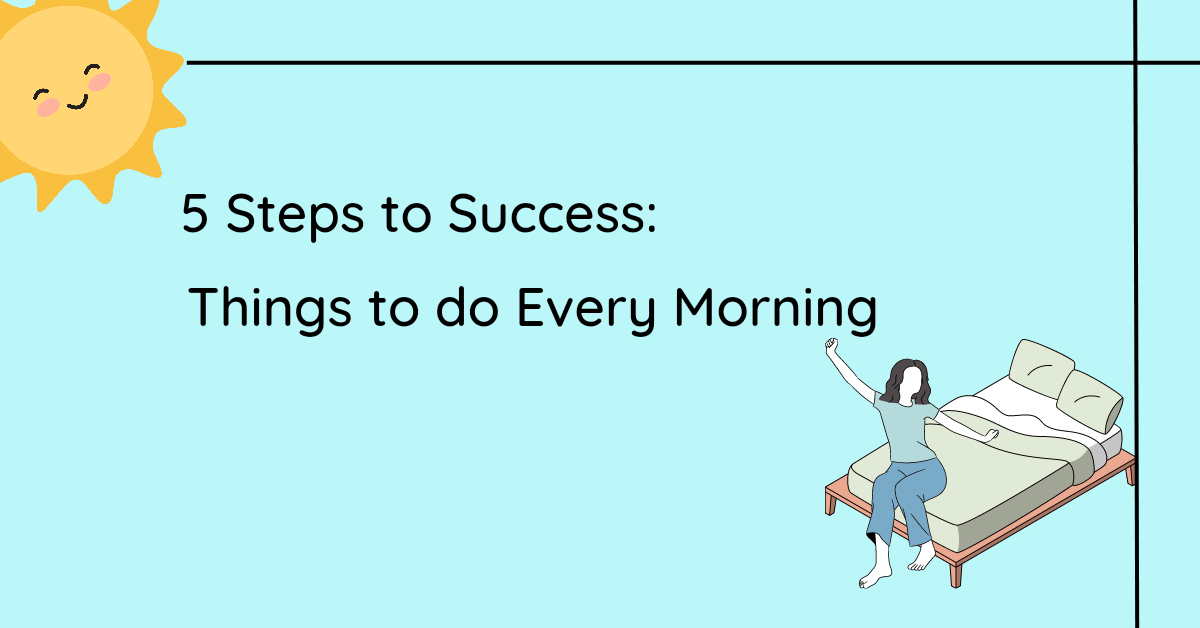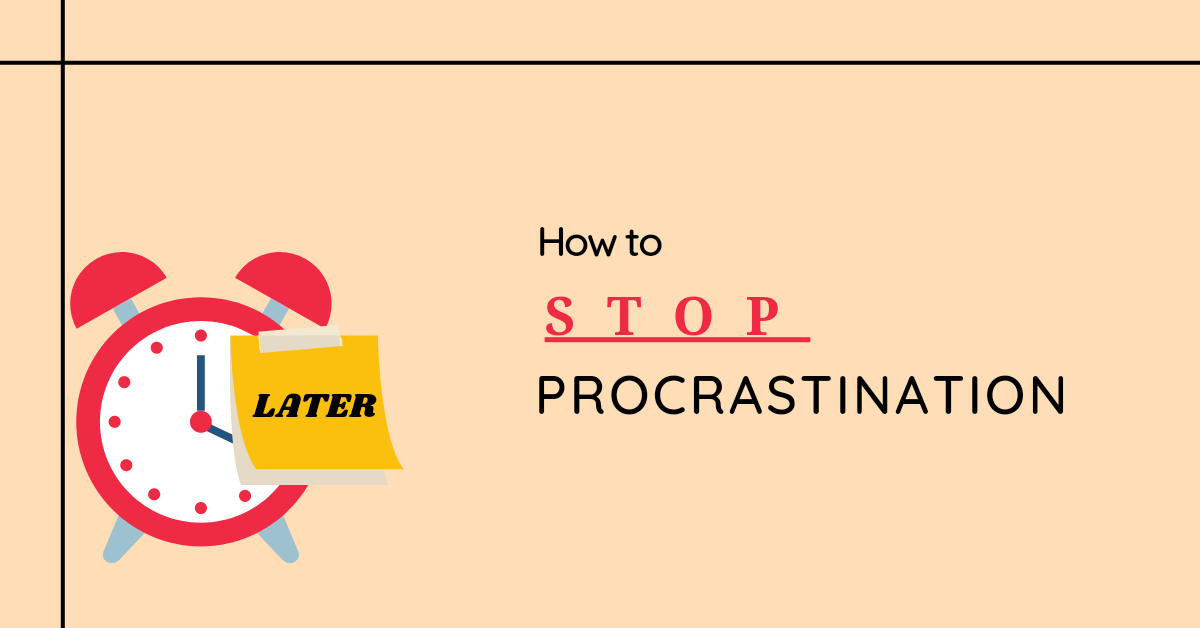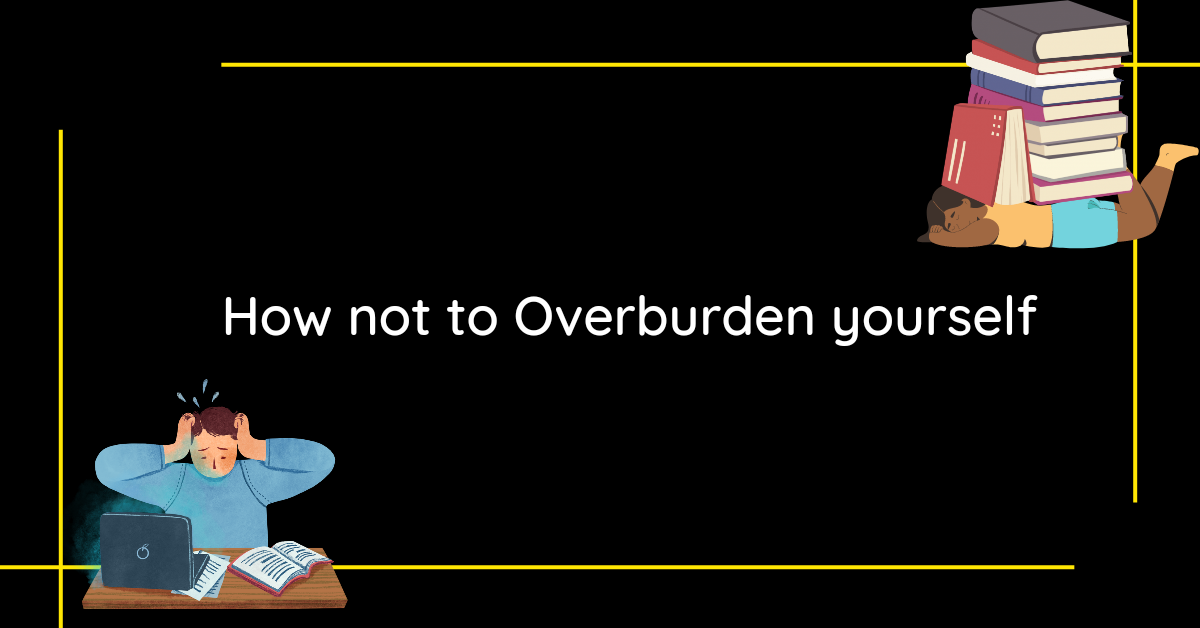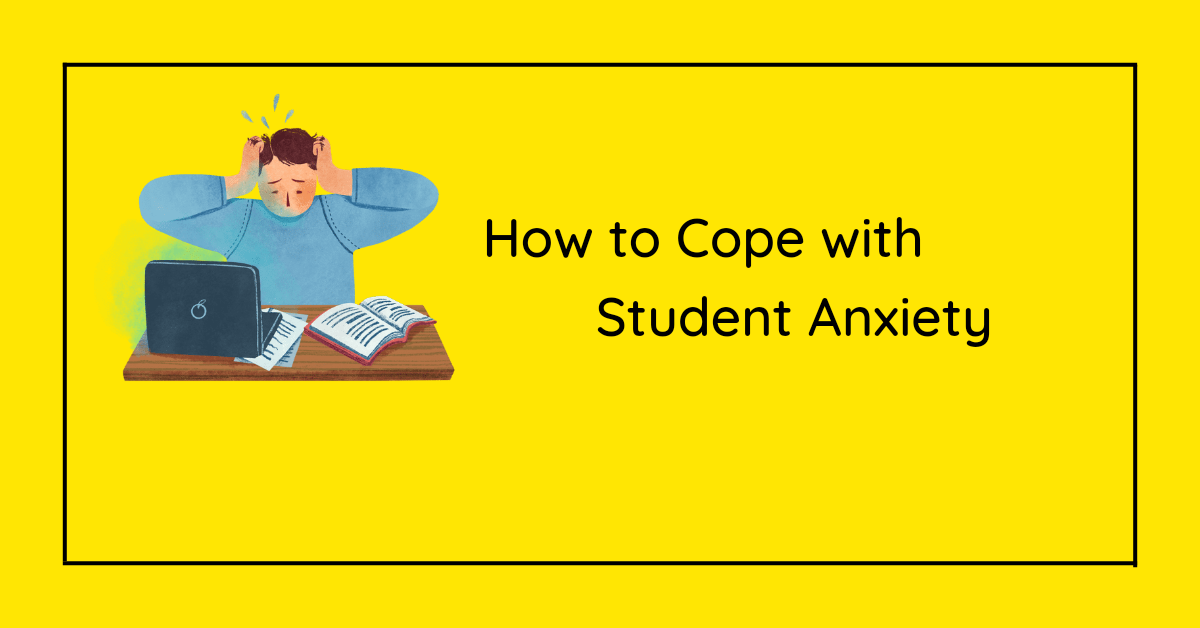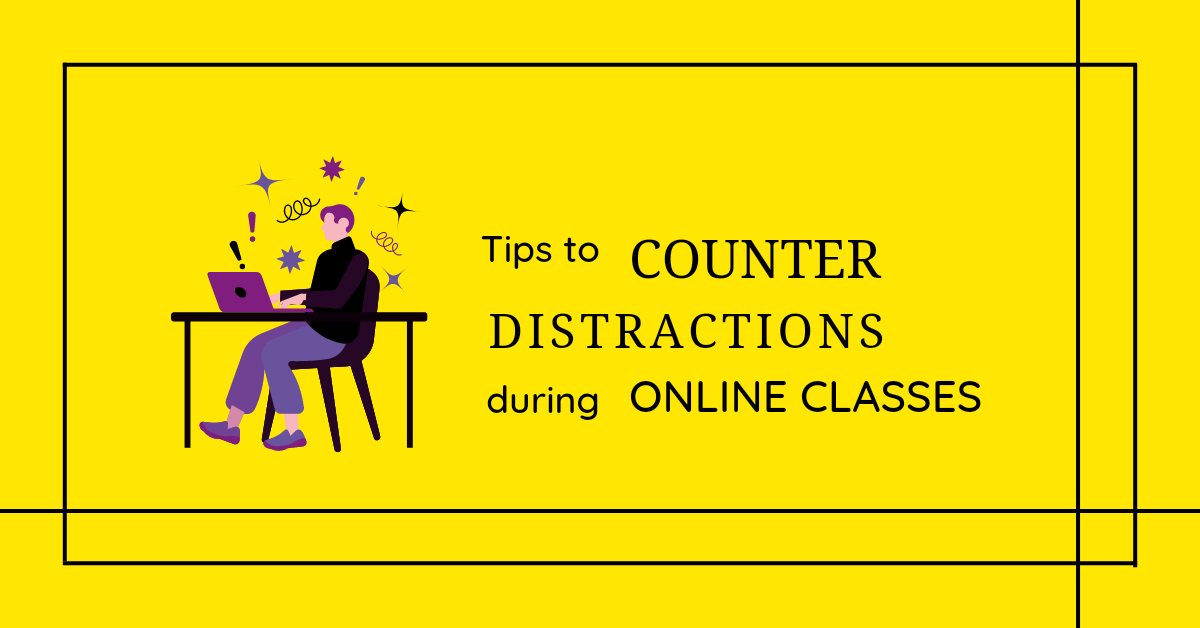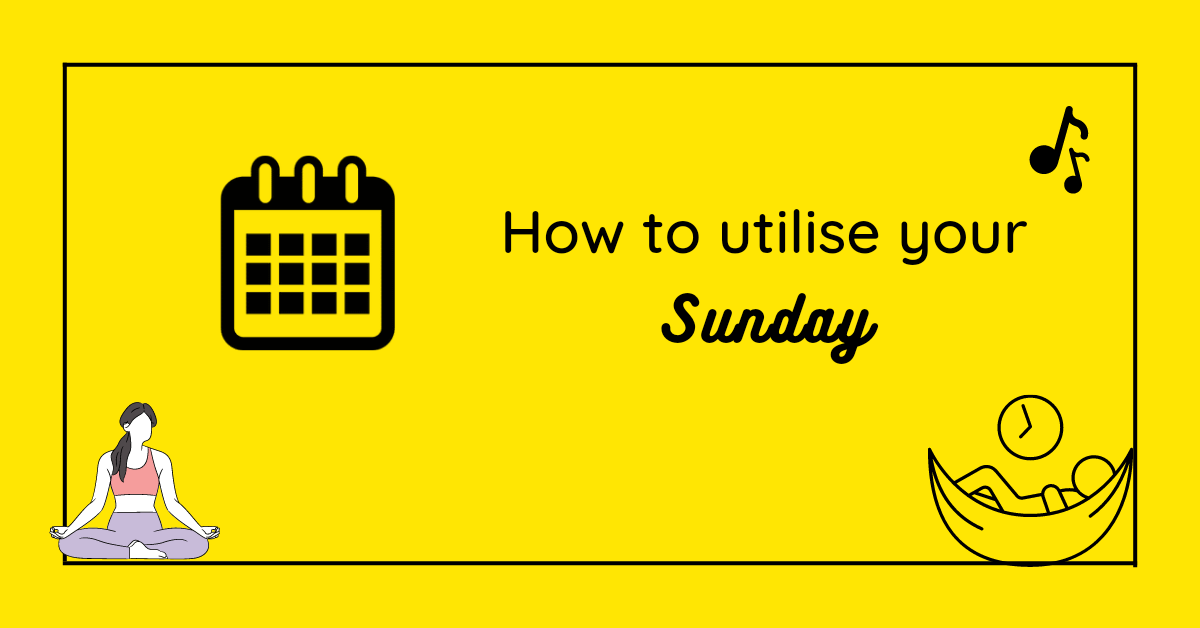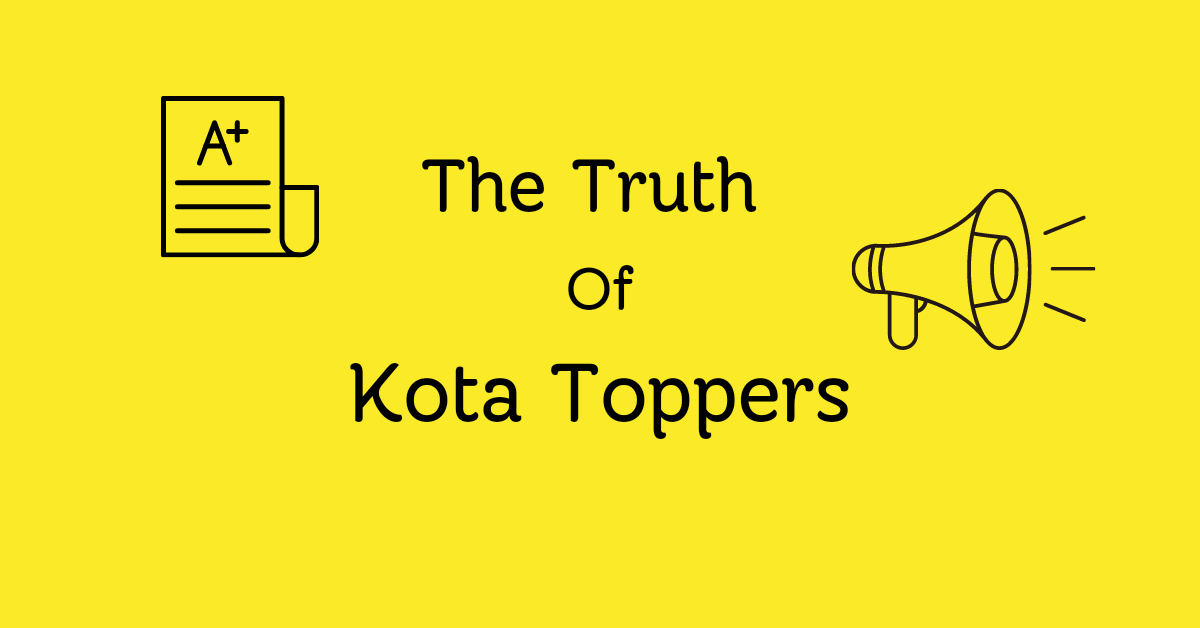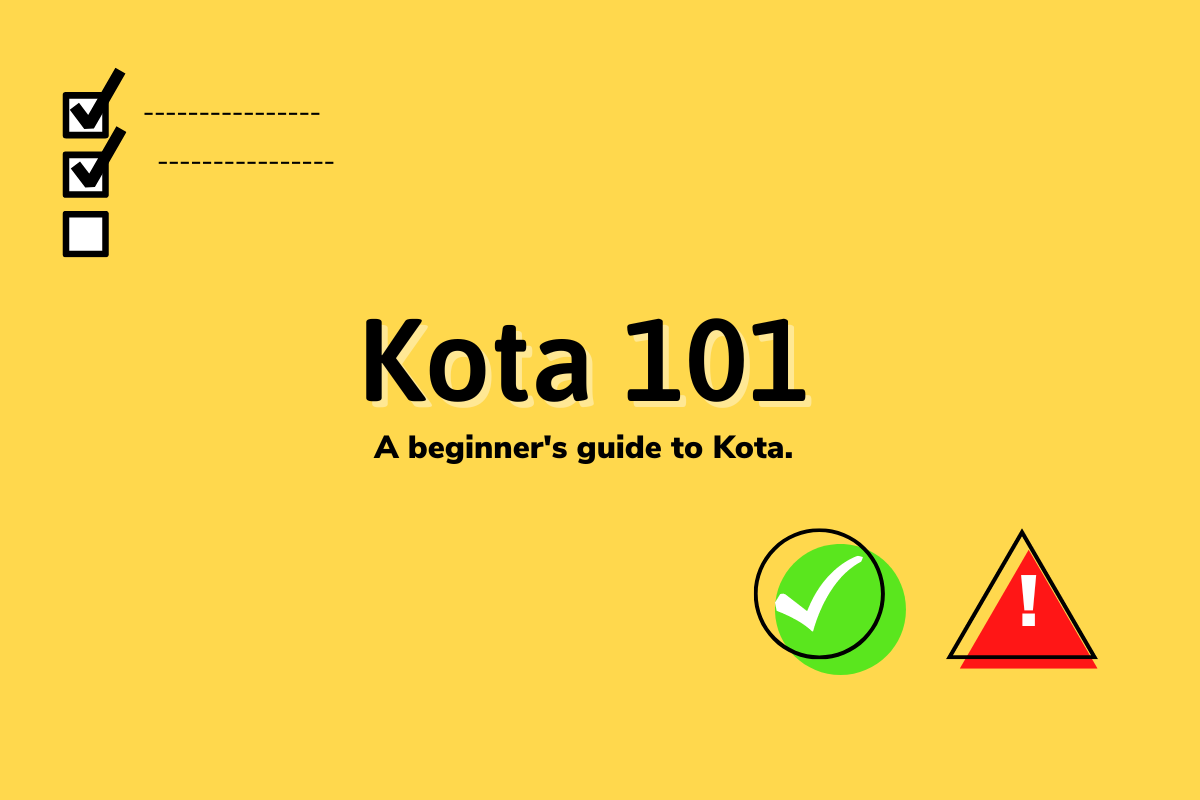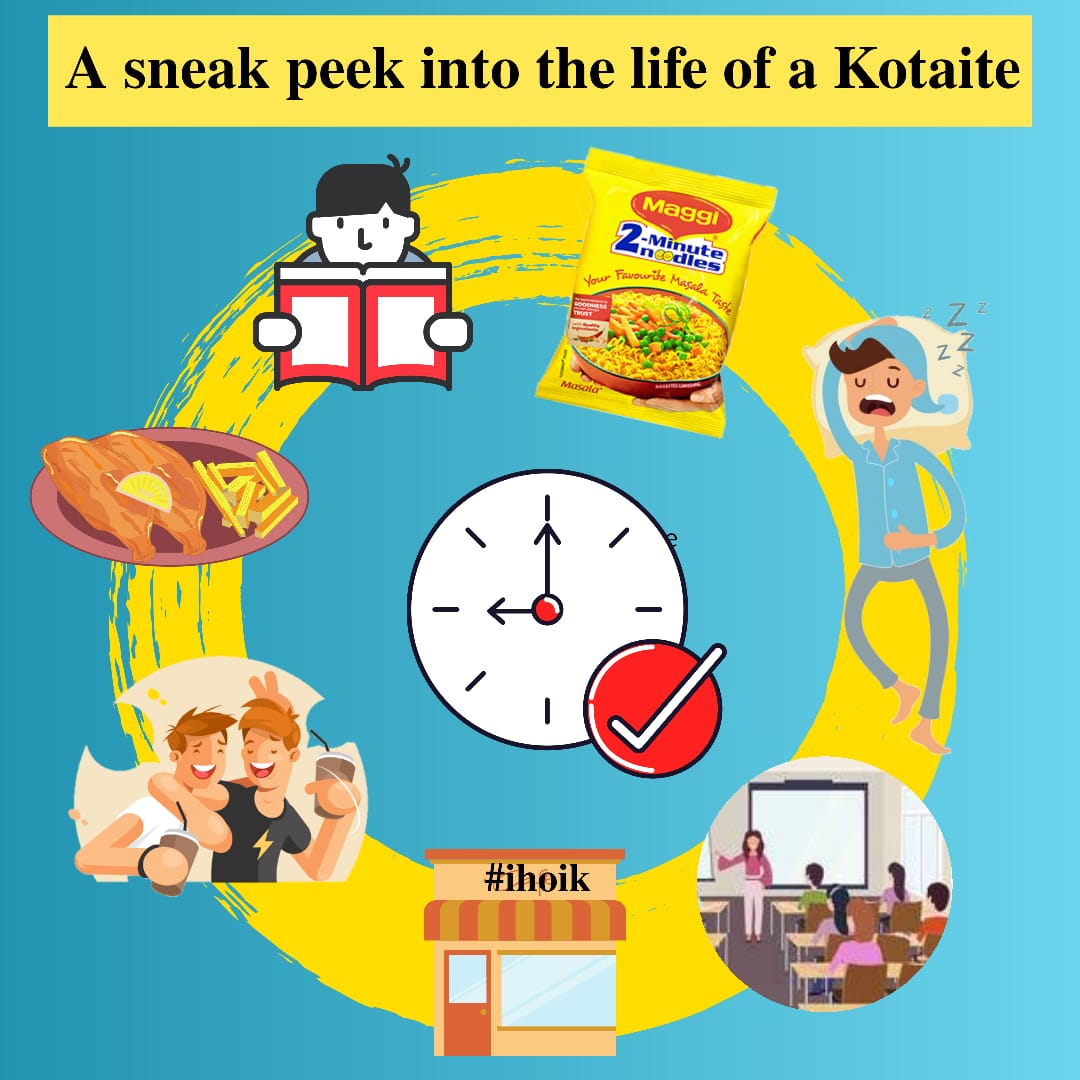How would you define your study habits during your time in high school or college? Inefficient, demanding, and accompanied by a serious loss of sleep? They were for me, for sure.
A critical step in the learning process that students far too frequently ignore is picking the appropriate study strategy. No matter how hard a student tries to study, choosing the wrong study approach can prevent them from making any genuine progress. Choosing the appropriate study technique for the circumstance will help students realize their maximum potential.
Rereading is not the best study strategy; there are far better ones. the techniques that the finest learning scientists in the world have created and studied. Surprisingly, not many pupils have ever heard of them. Because of this, using them efficiently will provide you not just an edge but also a huge advantage over the competitors.
The search for the ideal study strategy is ongoing. You cannot wait until the night before the test to take care of it. To learn what works (and what doesn’t), you should be continually enhancing your study techniques. Developing good study techniques can not only make learning easier but will also improve your results in high school and post-secondary.
Learn 10 effective study methods that will help you achieve your next test success.
Pre-test: Before studying the material, students should practice answering questions, even when they get them wrong. This will improve their future learning. According to research, studying for an exam for the same amount of time does not significantly increase test outcomes.
Stay Organized- Setting yourself up successfully and achieving your learning objectives will depend on you taking the time to get organized. Invest in a diary and utilize it to record upcoming due dates for assignments. To participate in class, make sure you have all the materials and equipment you need. To ensure that you are prepared to go right away in the morning, you might find it beneficial to pack your luggage the night before.
Log Notes- Keep your mind active during class by taking notes that you may review as you develop your study strategies. Right there in class, notes can assist you in retaining information for the long term. When you’re finished with tests and tasks, you’ll want to go back and study these notes. It could be helpful to summarize your notes after class so they are understandable and simple to read. Note or emphasize important points. You can ask your teacher for clarification if something doesn’t make sense.
Set Apart Time for Studying- Spacing out your learning periods is one of the most effective study techniques. You will be much more likely to recall material if you spread out your study time across several days rather than trying to cram everything into one extended session. This can aid in profoundly ingraining information so that you can remember it for a long time.
Arranging a Quiet Area for Study- It’s crucial to have a dedicated study space that is free from distractions and enables productive study time. You will be aware that you are there to learn if you are comfortable in your study space. Your general motivation to study will be aided by this way of thinking. Pick a study spot that is peaceful, well-lit, and away from busy areas. Don’t, for example, study at the dining room table if your family or roommates will be entering and exiting the kitchen often.
Quiz Yourself- Quizzing yourself or having someone else quiz you are an excellent retrieval exercise. By using this learning method, you may readily store information in your long-term memory and access it later. Writing down an answer to a question also helps you commit it to memory, which enhances learning.
Avoid Distracting Things- From cell phones to social media to pals, distractions are there everywhere. Understand what distracts you in class and how to avoid these distractions. If you anticipate being distracted, avoid sitting next to pals. Making sure you are paying attention to your teacher will be easier if you turn off your cell phone.
If you’re unclear, ask questions- If there is anything you don’t understand, raise your hand and ask a question. Write yourself a note to remind you to speak with the teacher after class if you don’t feel comfortable asking in front of everyone.
Taking Group Studies- You are more likely to stay engaged when working with classmates in an interactive setting. By doing so, you have the opportunity to challenge one another’s understanding of the subject matter and build one another up personally.
Putting it another way- A lot of us have read a few chapters in a textbook only to find that we didn’t remember a single idea or important detail. Use purposeful learning techniques to demonstrate to your pupils how to avoid this. There are several ways to do this, including connecting what is being taught to prior information, imagining how to convey the material to a 5-year-old, and reflecting on and asking questions about it.
Article by Sujata Bayan



